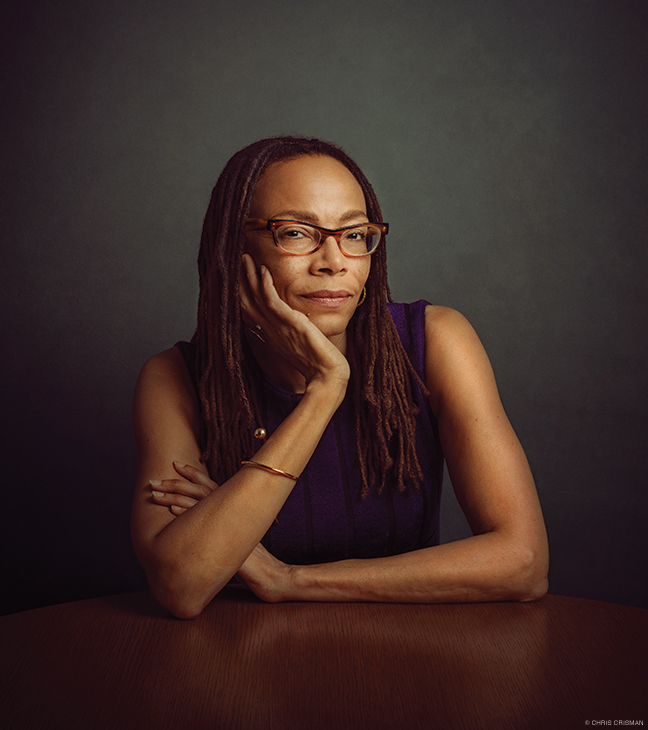Q&A with ‘Indian Blood’ author Andrew J. JolivettePosted in Articles, Gay & Lesbian, Health/Medicine/Genetics, Interviews, Media Archive, Native Americans/First Nation, United States on 2016-07-11 22:26Z by Steven |
Q&A with ‘Indian Blood’ author Andrew J. Jolivette
University of Washington Press Blog
2016-06-24
In his new book Indian Blood: HIV & Colonial Trauma in San Francisco’s Two-Spirit Community, Andrew J. Jolivette examines the correlation between mixed-race identity and HIV/AIDS among Native American gay men and transgendered people, and provides an analysis of the emerging and often contested LGBTQ “two-spirit” identification as it relates to public health and mixed-race identity.
Prior to contact with European settlers, most Native American tribes held their two-spirit members in high esteem, even considering them spiritually advanced. However, after contact—and religious conversion—attitudes changed and social and cultural support networks were ruptured. This discrimination led to a breakdown in traditional values, beliefs, and practices, which in turn pushed many two-spirit members to participate in high-risk behaviors. The result is a disproportionate number of two-spirit members who currently test positive for HIV.
Using surveys, focus groups, and community discussions to examine the experiences of HIV-positive members of San Francisco’s two-spirit community, Indian Blood provides an innovative approach to understanding how colonization continues to affect American Indian communities and opens a series of crucial dialogues in the fields of Native American studies, public health, queer studies, and critical mixed-race studies.
We spoke with Jolivette about his book, published this spring.
What inspired you to get into your field?
Andrew J. Jolivette: American Indian studies is in my blood. I felt I had a commitment and a responsibility to give back to my community and I also felt that it was important that more Native perspectives be centered and not just represented or driven by outsiders…
Read the entire interview here.

